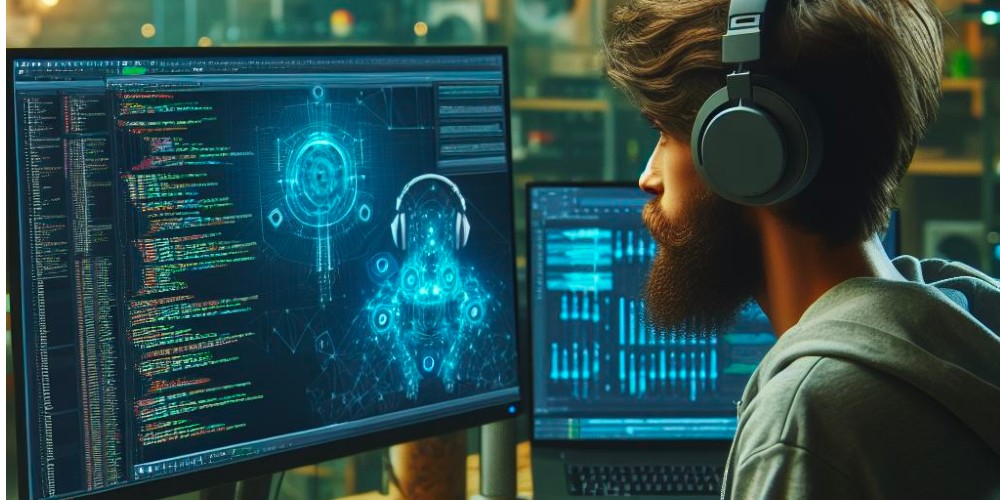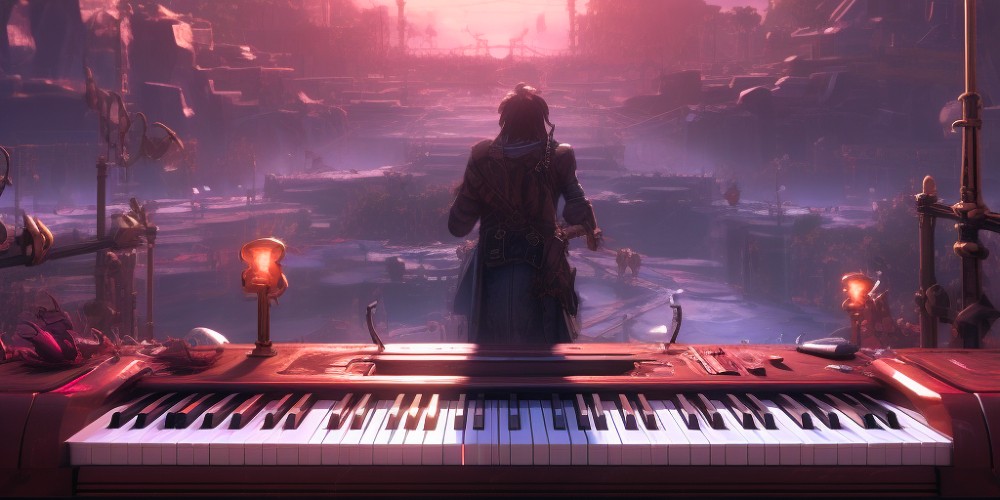The Role of Music in Game Development
Jan-04-2024

In the multifaceted world of game development, where storytelling, graphics, and gameplay mechanics are often spotlighted as the keystones of a successful title, music holds an equally pivotal yet sometimes underappreciated place. Music in games does more than just provide background audio. It elevates the gaming experience, enhances emotional depth, and helps create immersive worlds. As we dive into the role of music in game development, we will explore how it acts as a narrative tool, impacts player psychology, shapes game identity, and influences player immersion and experience.
The Narrative Power of Music
Music possesses a unique narrative power, a capability to convey emotions and assist in storytelling without uttering a single word. In game development, musical scores serve as a vital narrative tool, aiding in depicting character emotions, enhancing story arcs, and setting the tone for entire worlds. For instance, a desolate, eerie soundtrack can immediately signal to players that they are entering a zone fraught with danger or mystery. Conversely, an upbeat, lively tune can set the scene for moments of joy or victory.

Influencing Player Psychology
Music's influence extends beyond narrative enhancement—it also plays a crucial role in influencing player psychology. The right music can intensify a sense of urgency or danger, slowing the player's perception of time in critical moments. It can also foster a sense of achievement or relief after overcoming challenges. Moreover, music has been shown to affect player performance, with certain rhythms or tempos potentially increasing reaction times or strategic thinking.
Shaping Game Identity and Branding
Music often becomes synonymous with the games it accompanies, to the point where just a few notes can evoke the essence of the game. Iconic themes from series such as "Super Mario Bros.", "The Legend of Zelda," or "Final Fantasy" are immediately recognizable and have become integral parts of gaming culture. This recognition contributes to the overall identity of the game, distinguishing it within a crowded market.

Enhancing Immersion and Experience
Perhaps music's most profound impact on game development is its ability to enhance immersion and overall player experience. A well-crafted soundtrack blurs the boundaries between game and reality, pulling the player deeper into the game world. Ambient soundscapes can make a virtual environment feel alive, whether it's the bustling streets of a city or the tranquil serenity of a forest. This auditory immersion is essential for creating a believable, engaging world to which players want to return.

Conclusion
Music in game development transcends mere background noise; it is a multifaceted tool that enriches narrative, influences player psychology, contributes to game identity and branding, and enhances immersion and player experience. As games continue to evolve and new technologies emerge, the role of music will undoubtedly expand, offering new possibilities for creative expression and player engagement.







